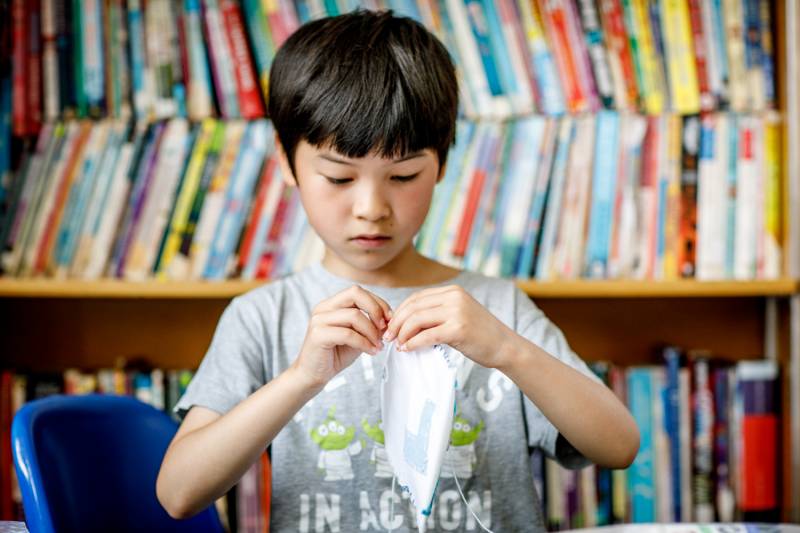
We know that happy and interested children learn best. This means that we work very hard to ensure that all our children are safe, feel secure and that we understand their individual needs as fully as possible.
Children at Yerbury are very successful learners who achieve the high standards we expect of them across the curriculum. This is because of their efforts, the high quality teaching we believe that we provide and the support of their parents and carers.
The key features of our approach to learning are:
TOPICS
Each term every class has a new topic to be the focus of their activities and learning. These topics are used to link the different subjects in the curriculum together and to make it easier for parents to be involved in their child’s learning at home. The topics might be historical, scientific, geographical or story-based. Class assemblies, visits and workshops will be arranged to extend learning about the class project. Visit any classroom and you will quickly know what the class project is through the roleplay areas and display.
CROSS CURRICULAR WORK
Rather than teaching each subject separately, we often link them together within the project. This might mean that we might be writing a version of Samuel Pepys’ diary (english and history) or creating artwork based on leaves (art and science). This is both a good way of capturing the children’s interest, and the efficient use of valuable time. It also contextualises learning for children which is more natural to them, especially at primary school-age.
MIXED ABILITY WORKING
Research has convincingly shown that teaching children with a range of abilities together has significant benefits for all, as the higher attaining children can also learn through explaining concepts to lower attaining ones who benefit from the modelling and support. Much of our work is done collaboratively in pairs or small groups, so the children are used to supporting and being stimulated by each other. Every child has strengths and abilities, and this provides opportunities for all children to experience helping and asking for help. Such an approach aims not only to develop a positive class ethos, but also to avoid the labelling of children by themselves and others, which can be so damaging to self-esteem and community cohesion. We do use ability grouping for our reading groups, as we find this allows us to develop their reading more effectively.
DIFFERENTIATION
Differentiation is a way of pitching work at a number of different levels in a lesson so that all children are challenged, regardless of their ability. Teachers constantly review the curriculum, their teaching methods, resources, learning activities, and pupils’ needs so that they can differentiate effectively. The needs of individual children and small groups of children are addressed to maximize the learning opportunity for each child in the classroom. This might take the form of differentiation of work within lessons, differentiation by support, which means that children may receive directed adult support in a small group, or differentiation by outcome, which involves setting open-ended tasks where children are able to respond at different levels.
PROVIDING CHALLENGE
Effective support for all learners includes the provision of work that is appropriately challenging for each child. Every child, no matter their ability, is entitled to experience ‘struggle’ (i.e. challenge) at school and that their work is pitched at a level that moves their learning forward. We endeavour to provide challenge in areas children excel at but also to challenge them laterally, so that they broaden their abilities and don’t limit themselves to areas they only feel confident and have natural ability in.
FEEDBACK
We believe that children need to know how well they are doing with their work so that they can make the next steps. We use a number of assessment techniques and so can tell the children verbally, as individuals or small groups, how they are performing whilst the work is still important to them.
EXTRA SUPPORT
Sometimes children might need some extra help to ensure that they are secure in their learning and ready to move on. This could mean that your child might be helped over an assembly time with something they find tricky. This is usually a short term measure and can change week to week, depending on what the children are learning. .
Wherever possible we prefer that children remain with their class and learn with their teacher.
